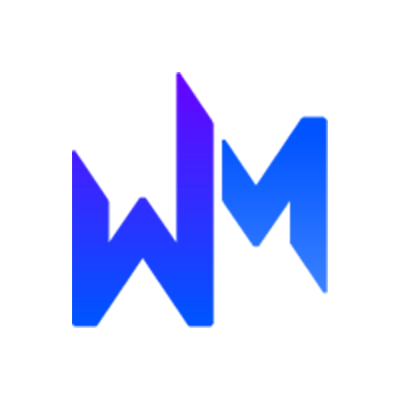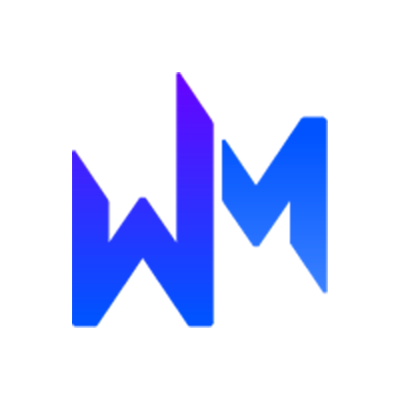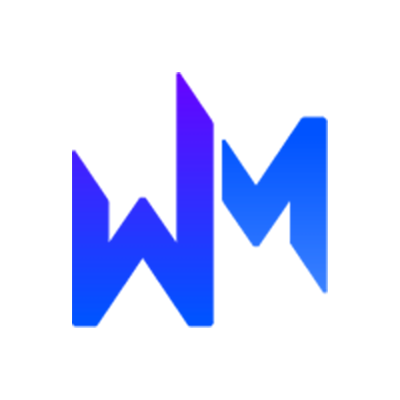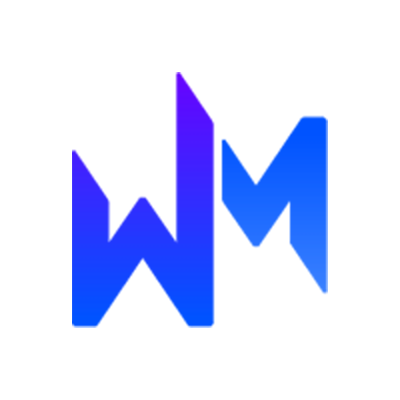Startup Advertising: Google vs. Facebook

Whether a startup is run from an office, inside the local coffee shop or in a basement, one thing is for certain: It needs exposure on the 'Net. However, with the shoestring budgets startups typically have, it's important to know where they can get the biggest bang for their advertising buck. While there are many ad networks to choose from, two typically stand out: Google and Facebook.
Thanks to a feature-rich platform and dominance in the search market, Google has long been a go-to online advertising platform for businesses of all sizes. Facebook is slowly changing that. Its distinct interactive and targeted ad formats have made the social network a big player in the digital advertising game as of late, growing to one of the largest publishers of display ad according to comScore.
But is it better for startups to put their precious budget into advertisement campaigns on the world's largest search engine or on the world's largest social network? Let's see how these two platforms compare.
Audience Reach:
Advantage - Google
Despite Facebook's 1 billion-plus active monthly members, Google ads can reach a larger audience, because the search engine provides results for more than 1 billion queries from around the world every day and its ads are displayed next to relevant results. What's more, Google ads can be displayed on thousands of partner sites, which reach upward of 92 percent of all Internet users in the U.S. Nevertheless, Facebook's Graph Search could ultimately help .
Targeting Options:
Advantage - Facebook
With Google, businesses can target audiences in multiple ways, including by keywords, location and time of day and general audience interest categories. These filters ensure ads are displayed to people whose prior online behaviors indicate they have a particular interest in a topic/product. Facebook has an equally robust, if not much more interesting, targeting system thanks to the user data it has collected over time. On Facebook, businesses can target by location, age, gender, marital status and interests. For example, a furniture company can use Facebook's targeting options to reach people who have recently moved, live in a specific location, or have an interest in luxury goods or home and garden information. Google is rapidly closing the gap, however. Its new Enhanced Campaigns - wsm.co/adwordsenhanced - make it possible to adjust bids based on a user's proximity to a business, the day of the week or what type of device the ad will be served on.
Conversion Potential:
Advantage -Google
A major Google advertising advantage is that ads are displayed primarily based on consumer intent. This means someone searching for a product has an immediate interest, and as a result is more likely to make a purchase once they find a suitable listing on the result pages. Facebook's ads, on the other hand, are based exclusively on users' defined interests and their previous behavioral interactions. For advertisers, deciding between Google and Facebook depends greatly on their objectives and how they define conversions.
Campaign Impact:
Advantage - Facebook
While ads on Google may lead to immediate conversions, Facebook ads produce customers with longer average lifetime values. This is because Facebook ads often lead brands to receive an increase in "likes," which allows brands to continue marketing to these customers. Over time, these fans become more familiar and comfortable with the brand than they would be by simply clicking on a display ad from Google. Additionally, fans can become influencers by simply interacting with a brand's content, because their interactions are then broadcasted to their network of friends.
The Winner Is...
The best advertising network for startups truly depends on its goals. If the goal is to obtain immediate conversions or guide local customers into a brick-and-mortar business, then Google is clearly the way to go. However, if its objective is to obtain a community of consumers to whom it can continually market to and therefore increase conversions over time, Facebook is the best bet (at least for now).
ALSO READ: Ad Formats Matter
Discover how your existing and prospective audience is experiencing your brand across the Web

Subscribe to Our Newsletter!
Latest in Social Media










